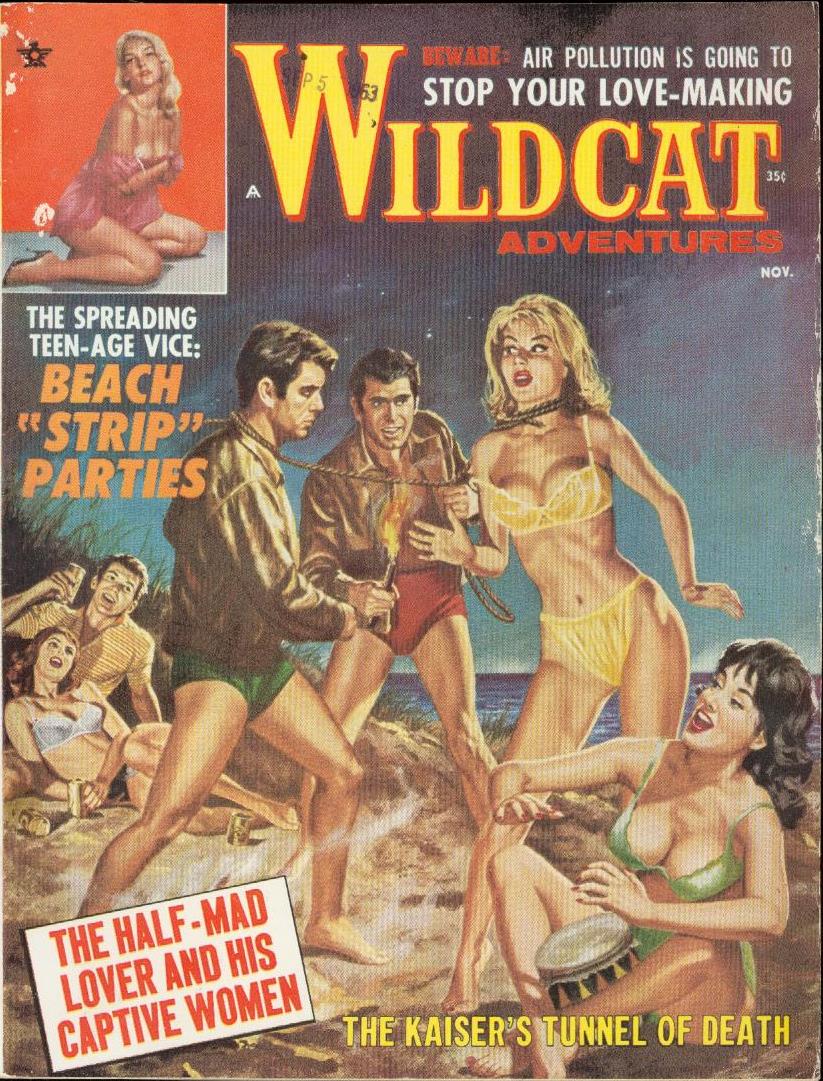
You know what I'm in the mood for? Wildcat Adventures!
Be warned: these may involve daring, danger and death... BY SNU SNU!
Be warned: these may involve daring, danger and death... BY SNU SNU!

• • •
Missing some Tweet in this thread? You can try to
force a refresh






























